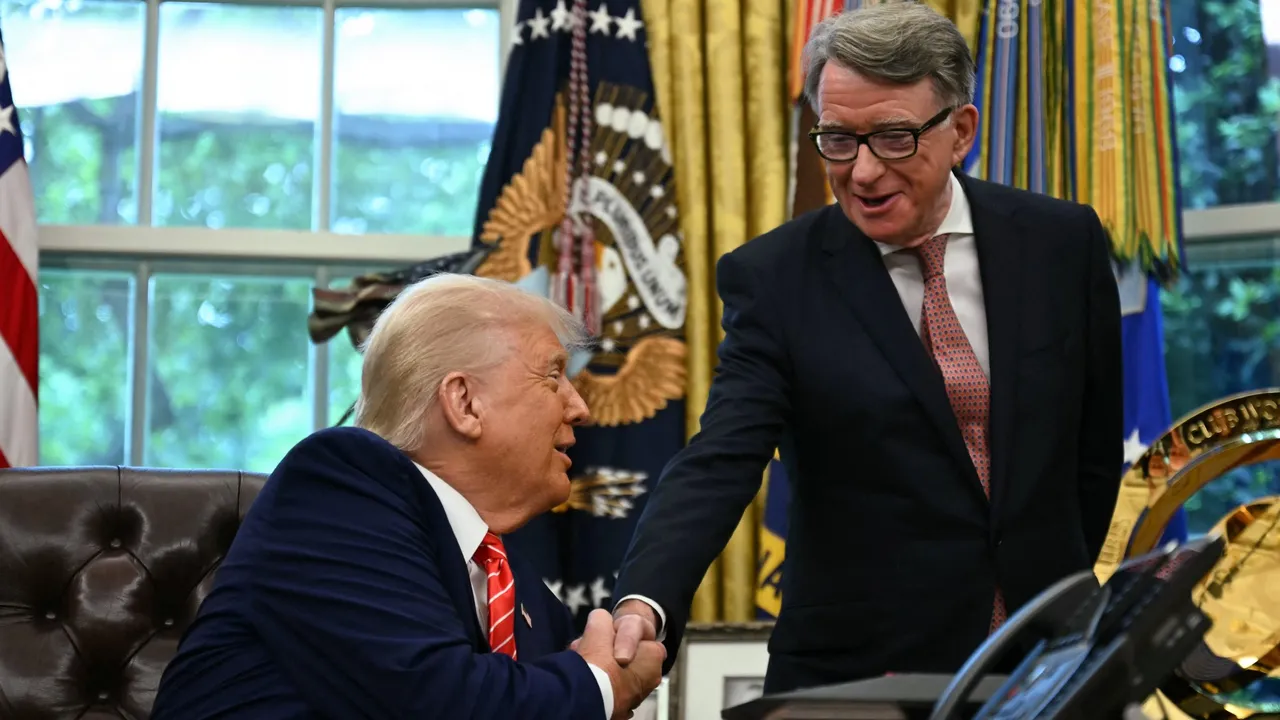Keir Starmer's calm handling of Donald Trump paid off, but deal remains
more of a 'damage limitation exercise' than 'an unbridled triumph' Washington and London hailed a "historic" agreement last week after
the UK became the first country to seal a deal with President Trump
since he launched his global trade war.
The deal cut US tariffs on British car exports from 27.5% to 10%, and removed all levies on British steel, aluminium and Rolls-Royce engines. In exchange, the UK offered greater market access to US agricultural exports, including beef and corn ethanol, although it retained its ban on chlorine-washed chicken and hormone-treated beef.
Trump announced the deal in a televised event in the Oval Office, flanked by Britain's US ambassador, Peter Mandelson; Keir Starmer
joined by speakerphone. No. 10 later described it as a "win for both
nations" and promised to build on it. Kemi Badenoch, the Tory leader,
said Britain had been "shafted", noting that the deal provides
less-favourable trading terms than we had before Trump's "liberation
day".
Starmer should be congratulated for this deal, which has saved thousands of British jobs, said The Independent. His calm, non-confrontational approach to Trump has paid off. The PM did well to get the UK to the front of the queue, agreed The Times.
The fact remains, though, that this is more of a "damage limitation
exercise" than "an unbridled triumph". Most UK goods still face a
blanket 10% tariff.
And the lower levy on British cars only applies to a quota of 100,000,
which matches our current level of exports to the US, effectively
placing "a ceiling on future sales".
Much remains to be hammered out, said the Daily Mail. There's still no clarity over pharmaceuticals, for instance, or Trump's threatened film tariffs.
The worry is that Starmer will scupper further progress in his
"desperation to reset relations with the EU", whose leaders he is
meeting next week. Reducing friction with the EU, our largest trading
partner, is the key to boosting our economic growth, said the FT. Compared with this, the deal with the US, like the earlier one with India, is "little more than a sideshow"
Source: The Week





